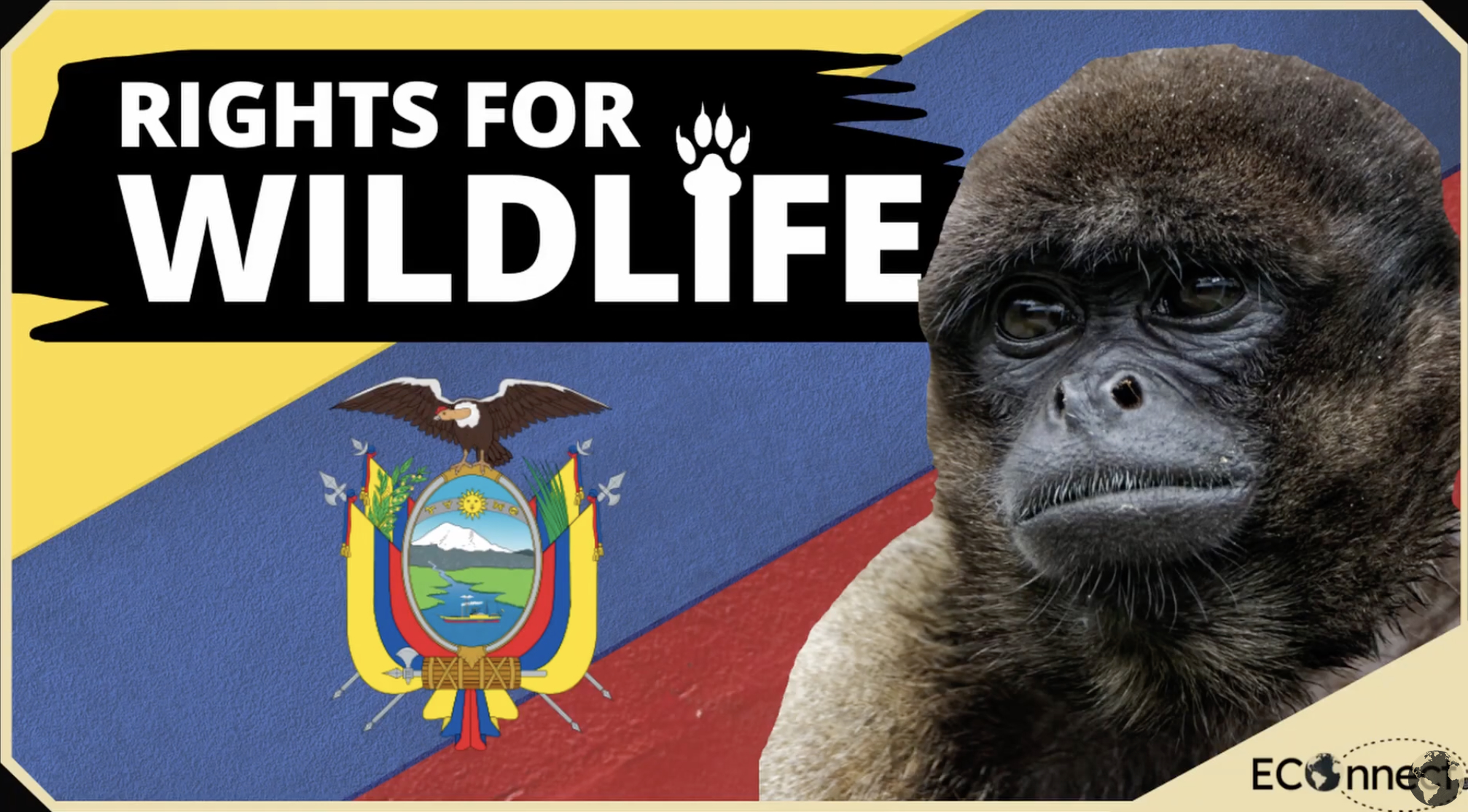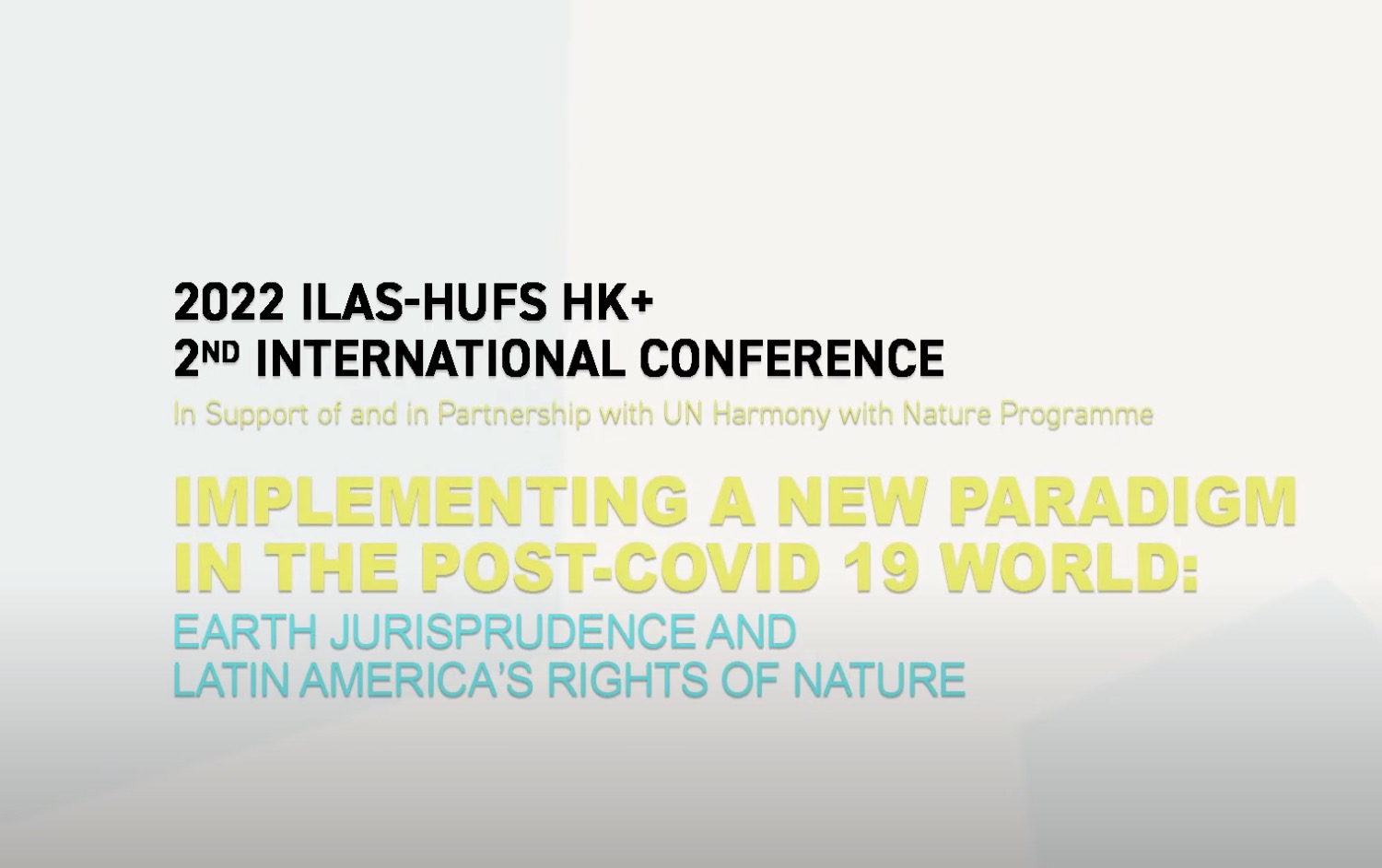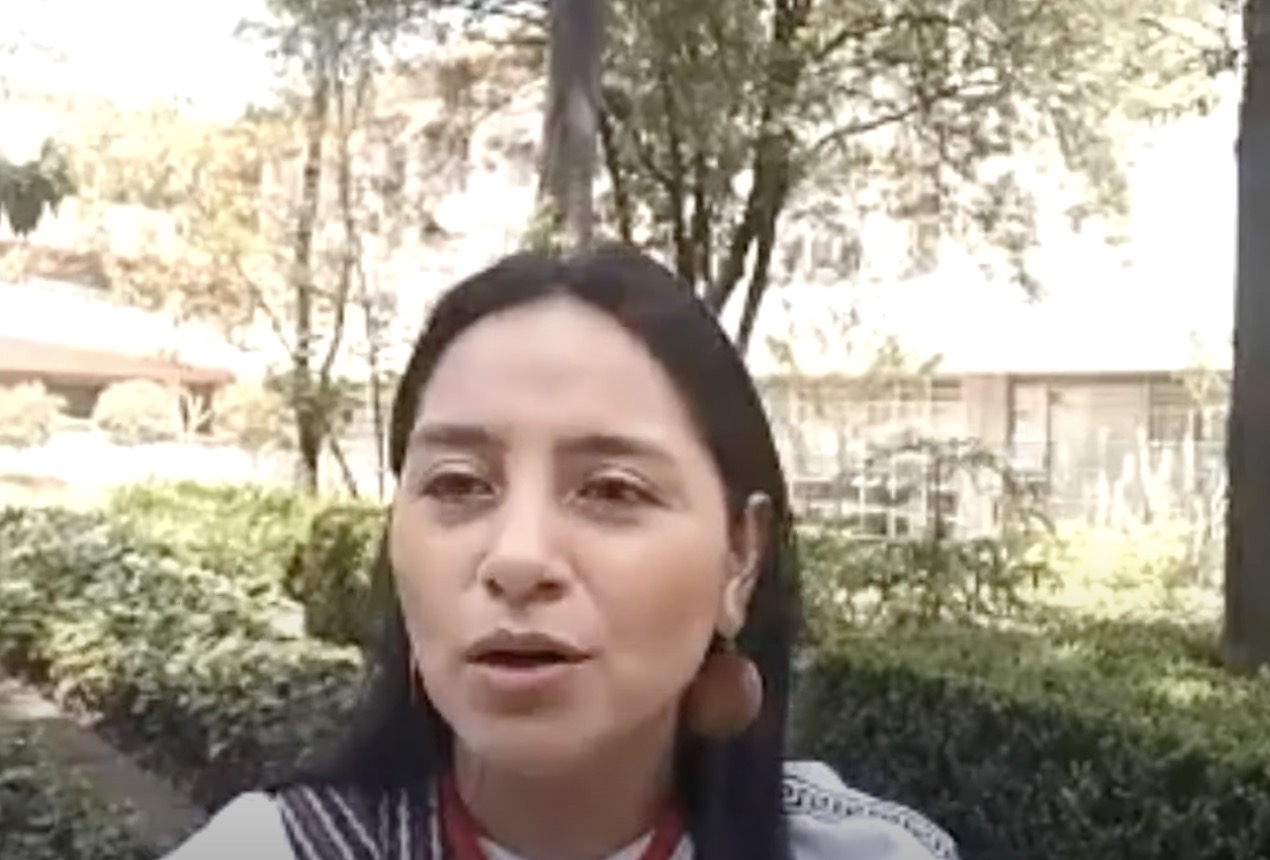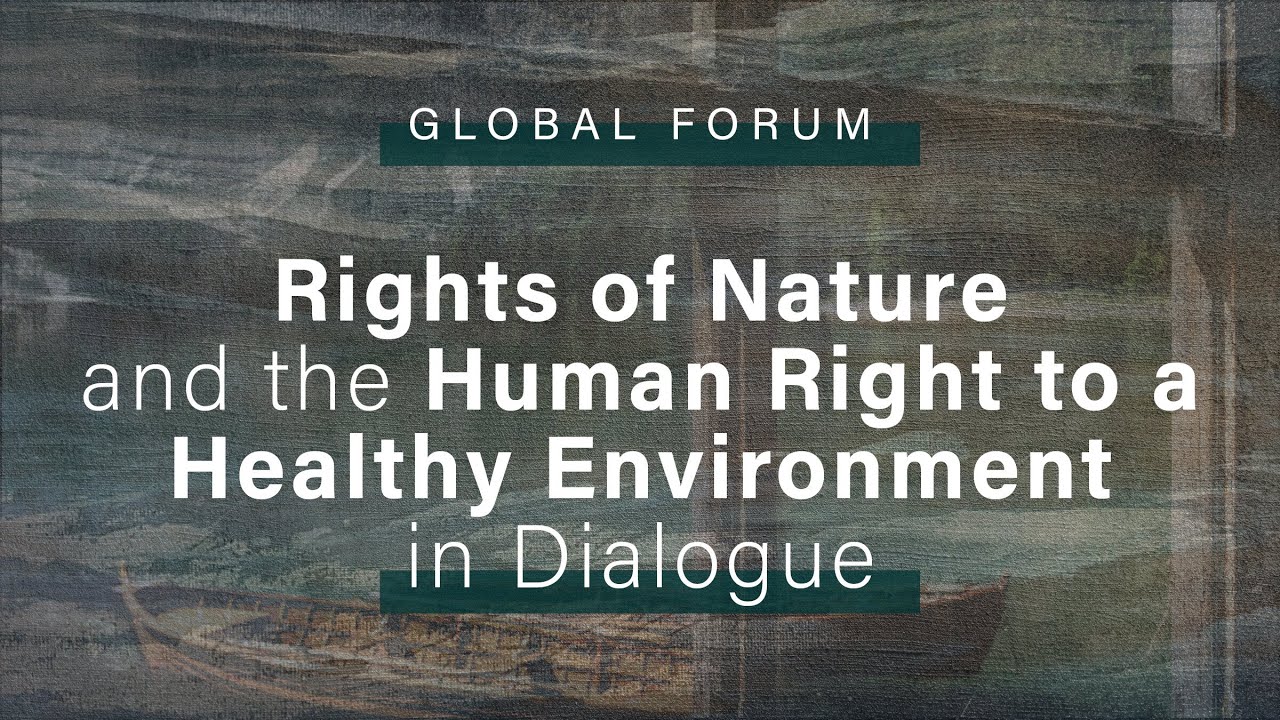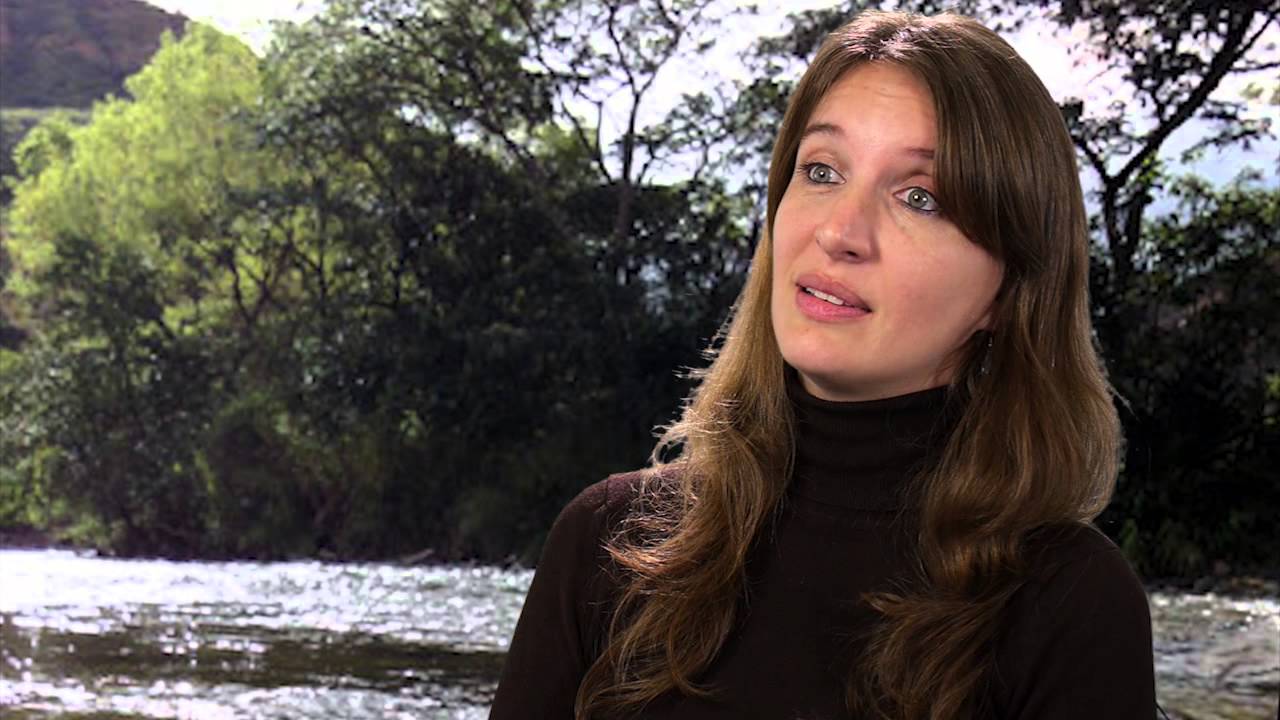South America: Multimedia
Further resources, if available, can be found in our full bibliography.
Sustainable development: How Latin America and the Caribbean are pioneering solutions to global challenges – Global Future Forum
This recorded dialogue spotlights Latin America and the Caribbean as a rising force in global sustainability. Speakers explore how the region leverages its biodiversity, clean energy capacity, and critical mineral wealth to craft development models that address poverty and climate resilience simultaneously. The discussion highlights blended finance innovations, cross-border energy integration, and nature-based investment strategies. As Brazil prepares to host the G20 and COP30, the video underscores the urgency of unified regional leadership and global recognition of Latin America’s contributions to sustainable growth.
How Ecuador Became The 1st Country To Give Legal Rights To Wild Animals
This video tells the story of Estrellita, a woolly monkey raised for 18 years by Ecuadorian librarian Ana Beatriz Burbano Proaño. When authorities confiscated Estrellita due to the illegality of keeping wild animals, she died shortly after in a zoo. The court ruled that both Ana and the state violated Estreita’s rights: Ana for possessing a trafficked animal, and the state for causing her death through mistreatment. The case revealed legal gaps in Ecuador’s 2008 constitution which grants rights to nature but not clearly to individual animals. This story sparked national debate and a push for stronger legal protections for animal welfare.
Earth Jurisprudence and Latin American’s Rights of Nature
This conference session explores how South Korea draws on South American modelsparticularly Ecuador and Bolivia’s rights of nature frameworksto shape its own approach to Earth jurisprudence. Speakers reflect on efforts to incorporate nature’s rights into civil law, reclassify animals as sentient beings, and build environmental justice frameworks sustained by Daoist and Confucian teachings that emphsize harmony, balance, and respect between people and the natural world.
Ati Quigua at the Global Gathering for Mother Earth Laws
Ati Quigua, a Colombian Indigenous leader, speaks at the 2020 Global Forum on the Rights of Nature about enshrining nature’s rights in Bogotá’s legal frameworks. She emphasizes water sovereignty, advocates for “eco-barrios” and “hydro-barrios”, and for strategic valuing of biocultural heritage, particularly in the Sierra Nevada de Santa Marta. Quigua calls for public policy rooted in Indigenous worldviews that links environmental justice with peacebuilding. Her message underscores Colombia’s unique approach to environmental governance that blends cosmovisions, law, and grassroots action for ecological and cultural restoration.
Panel on Latin America: Global Forum on Rights of Nature & Human Right to a Healthy Environment
At the 2020 Global Forum, legal experts explored how Ecuador, Bolivia, and Colombia reshape environmental governance by embedding the rights of nature into law. Through constitutional reforms and court rulings, these countries treat nature as a legal subject that is rooted in Indigenous worldviews like “Buen Vivir”. This panel highlights Latin America’s pioneering model of Earth jurisprudence in which civil society and courts, not just legislators, drive legal innovation and inspire powerful models for ecological justice and new global legal frameworks.
Rights of Nature and Environmental Constitutionalism in South America
This lecture by Professor Gonzalo Sozzo, part of a colloquium organized by Toulouse’s IEJUC, examines the emergence of Rights of Nature and environmental constitutionalism in South America. Sozzo highlights how countries like Ecuador and Bolivia have enshrined legal rights for ecosystems (such as rivers, forests, and Pachamama) within their constitutions. He also discusses the ecological and legal significance of these developments in adddition to the institutional and enforcement challenges these countries face. Sozzo’s analysis situates this movement within a broader global shift toward recognizing nature as a rights-bearing entity which traditional anthropocentric law frameworks.
Dr. María Valeria Berros on “Rights of Nature in Latin America”
Legal scholar María Valeria Berros explores the evolving concept of the rights of nature in Latin America. Focusing on Ecuador and Bolivia, she highlights how constitutions in these countries recognize nature, especially Pachamama, as a legal subject. Key cases, like Ecuador’s Vilcabamba River ruling, demonstrate how courts can uphold nature’s rights against environmental harm. Her research at the Rachel Carson Center emphasizes how non-anthropocentric ethics reshape legal frameworks, draw from Indigenous worldviews, and require institutions to enforce ecological justice.
Biodiversity & ecosystems: towards a sustainable development in Latin America and the Caribbean
This video from the Inter-American Development Bank explores how Latin America and the Caribbean, home to 40% of the world’s biodiversity, can lead a new model of sustainable development. It calls for a shift from extractive industries to biodiversity-based innovation in which ecosystems are valued not only for their intrinsic worth but also as engines for inclusive economic growth. In this light, this region could be considered a “biodiversity superpower” by which collaboration is key to securing a just, prosperous, and sustainable future.
Photo Credit: Condor in Colca Canyon, Chivay, Peru; Jean Vella/Pixabay

